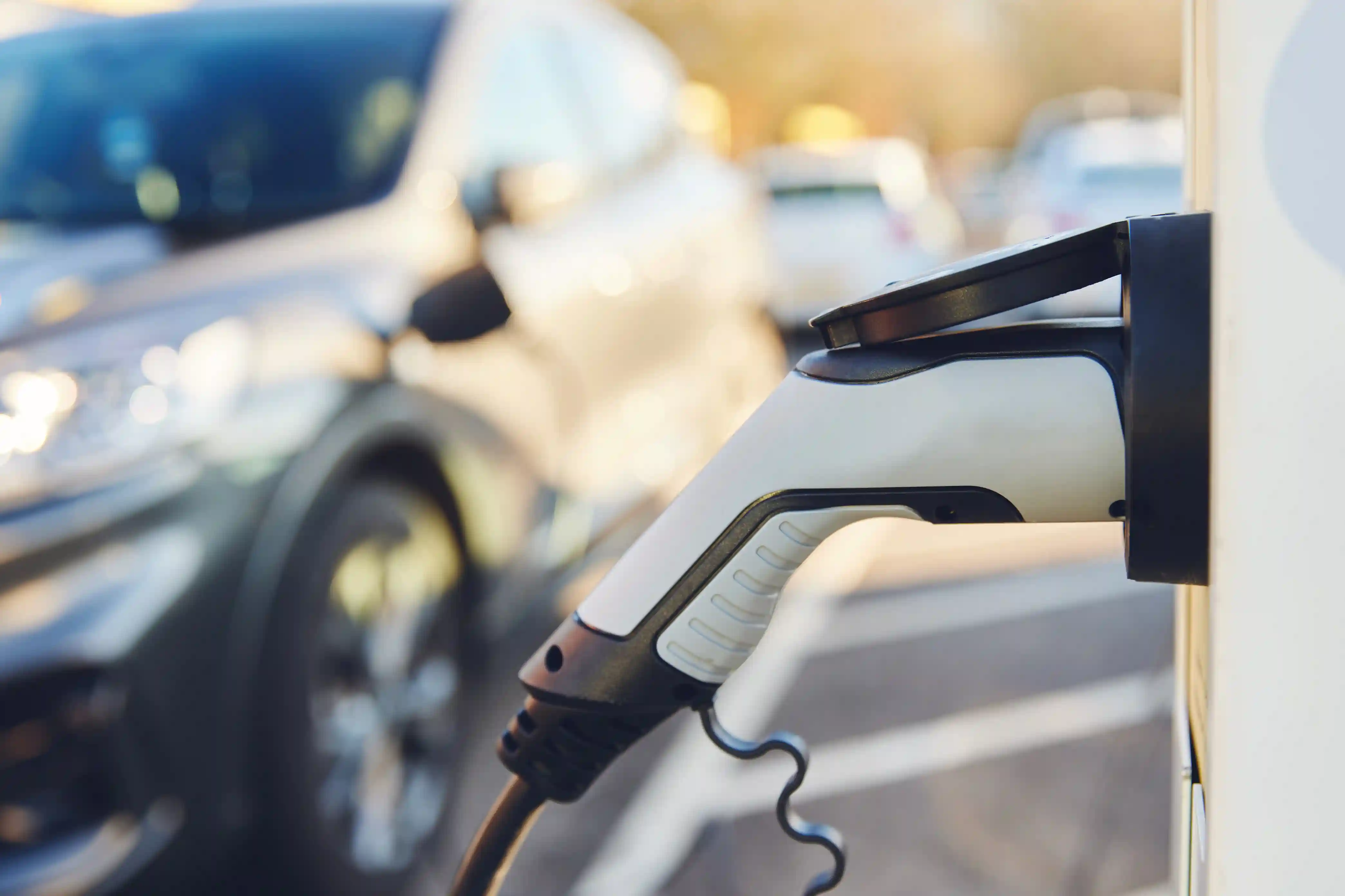Operational success for fleet operators increasingly depends on sustainable practices. Businesses are adapting to higher fuel costs and tightening regulations by prioritising efficiency and a reduced carbon footprint.
One of our customers, operating a large national fleet, was looking for ways to reduce their carbon footprint and essentially cut operational costs. They aimed to optimise routing and improve overall efficiency to eliminate unnecessary mileage and lower fuel consumption. By leveraging Prolius' data-driven solutions, they streamlined operations, reduced emissions and made measurable progress toward their sustainability goals.
The Challenge: Reducing Emissions & Enhancing Fuel Efficiency
Operating a large fleet means managing multiple moving parts, from driver routes to vehicle assignments. Without real-time data and analytics, inefficiencies can go unnoticed. This customer was struggling with:
- Inefficient Routing – Drivers were covering more miles than necessary, increasing fuel costs and emissions.
- Vehicle Under-utilisation – Some vehicles were being overworked, while others remained unused, leading to unnecessary fleet expansion.
- Excessive Idling – Vehicles spent too much time idling at job sites or in traffic, wasting fuel and contributing to higher CO2 output.
- Lack of Visibility – Without data insights, the fleet team couldn’t pinpoint areas for improvement.
The Solution: Smarter Fleet Management with Prolius
By using the Prolius platform, the customer was able to develop a clear, data-driven plan to reduce waste and improve sustainability efforts.
Our solution focused on three core areas:
1. Route Optimisation – Minimising Time on the Road
By utilising Prolius’ optimisation feature the customer was able to benefit from streamlined route planning, minimising unnecessary travel. The optimisation process:
- Leveraged historical trip data and benchmarking to pinpoint inefficiencies.
- Recommended the most efficient routes, considering historical traffic patterns, distance and job priority.
- Efficient job scheduling (through automation) to ensure vehicles were deployed effectively to the correct assignments, reducing empty miles.
Results: ✔ Reduced overall mileage by 18%. ✔ Lower fuel expenditure and emissions due to shorter, more efficient routes.
2. Prolius Insights – Unlocking Data-Driven Efficiency
Fleet managers often lack the granular visibility needed to make impactful decisions. Prolius Insights acts as an advanced data hub, transforming raw telematics and fleet data into actionable intelligence that drives efficiency while minimising environmental impact. By providing a single source of truth across fleet operations, Prolius enables data-driven decision-making that reduces carbon emissions and optimises resource use.
Prolius data insights provided our customer with:
- Real-Time Environmental Impact Monitoring – Provides visibility into CO2 emissions, fuel consumption and driver behaviour, helping fleets implement targeted sustainability strategies.
- Fuel Optimisation Analytics – Offers deep insights into fuel efficiency trends and MPG performance, allowing fleets to cut unnecessary fuel use and lower operational costs.
- Predictive Maintenance for Sustainability – Detects early signs of vehicle wear and tear, enabling timely maintenance that prevents inefficiencies from un-necessary vehicle downtime.
- Driver Behaviour Intelligence – Tracks acceleration, braking, and speed patterns to promote eco-driving initiatives that reduce emissions and enhance fuel efficiency.
Results: ✔ 12% increase in vehicle utilisation – Reducing the number of vehicles needed for operations, cutting emissions and lowering fleet costs. ✔ 9% decrease in unnecessary idling time – Fleet managers implemented policies encouraging drivers to switch off engines when stationary, significantly reducing unnecessary emissions.
✔ Data-driven sustainability strategies – With clear, actionable insights, fleets are empowered to make informed decisions that align with environmental targets while maintaining operational efficiency.
3. Vehicle Sweating – Maximising Asset Use
Growing demand often leads fleet operators to expand their vehicle pool - but in many cases, inefficiencies within the existing fleet can be addressed first. Prolius helped the customer sweat their assets more effectively, ensuring every vehicle was fully utilised before adding new ones. This approach allowed them to increase fleet productivity without additional investment. Prolius assisted with the following;
- Optimised Route & Job Allocation – Ensured jobs were distributed effectively across the fleet, reducing unnecessary wear on specific vehicles.
- Maximised Job Completion Per Vehicle – Efficient scheduling and improved task distribution, leading to a 10% increase in completed jobs across the fleet.
- Reduced CO2 Emissions Per Job – By improving efficiency, each vehicle produced fewer emissions per completed task, contributing to a lower overall carbon footprint.
Results:
✔ Fewer vehicles required, reducing capital expenditure and associated maintenance costs.
✔ Lower emissions footprint, achieved without impacting service quality.
✔ Greater return on investment, with each vehicle handling more work before considering fleet expansion.
The Results: A More Sustainable, Cost-Effective Fleet
By leveraging Prolius’ smart fleet solutions, our customer achieved:
✔ 22% reduction in fuel costs through optimised routing and reduced idling.
✔ Lower carbon footprint, with CO2 emissions cut by an estimated 19%.
✔ Greater fleet efficiency, maximising vehicle use and reducing the need for additional assets.
✔ Improved sustainability reporting, with data-driven insights for regulatory compliance and corporate responsibility goals.
Building a Greener Future with Prolius
Sustainability and profitability don’t have to be at odds. By using the right technology, fleet operators can reduce their environmental impact while improving overall efficiency.
In this case, our customer was looking to cut fuel consumption and lower emissions without disrupting operations. With Prolius' data-driven solutions, they optimised routes, improved vehicle utilisation, and gained better visibility into maintenance needs - helping them run a more efficient and sustainable fleet.
